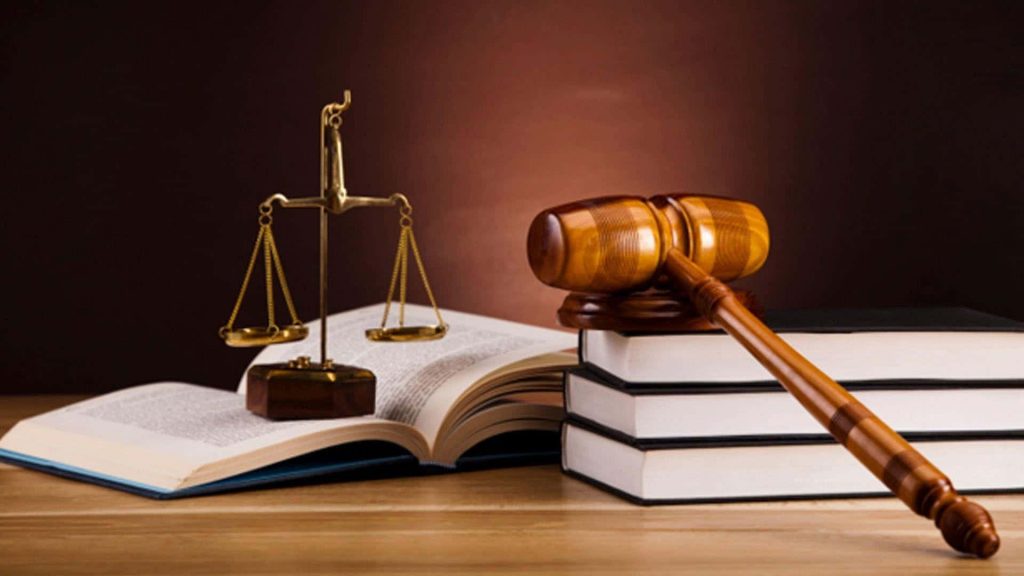Disputes can pop up in all kinds of situations—whether it’s a disagreement over property boundaries, a contract misunderstanding, or even a neighborly conflict. These moments can quickly turn stressful and confusing, but having a clear plan can make all the difference in protecting your rights and finding a solution that works.
The first—and often most powerful—step is to document everything. Keep a detailed record of all conversations, agreements, and events related to the dispute. This might mean saving emails, contracts, photos, or receipts. When you have solid evidence to back up your side, you stand on much firmer ground.
It’s just as important to keep your emotions in check. It’s natural to feel frustrated or upset, but letting emotions take over can make the situation worse. Staying calm and sticking to the facts helps you communicate more clearly and avoid unnecessary conflict. Approaching the dispute with a focus on finding a fair resolution often leads to quicker, more peaceful outcomes.
Sometimes, despite your best efforts, the dispute won’t resolve on its own. That’s when it makes sense to bring in a neutral third party—like a mediator—who can help both sides talk things through without things escalating. Mediation provides a safe space to be heard and can often help both parties reach an agreement without going to court.
At the end of the day, protecting yourself in a dispute is about being prepared, communicating effectively, and knowing when to seek help. With these strategies in hand, you can face disagreements confidently and work toward solutions that respect your interests and reduce stress.

